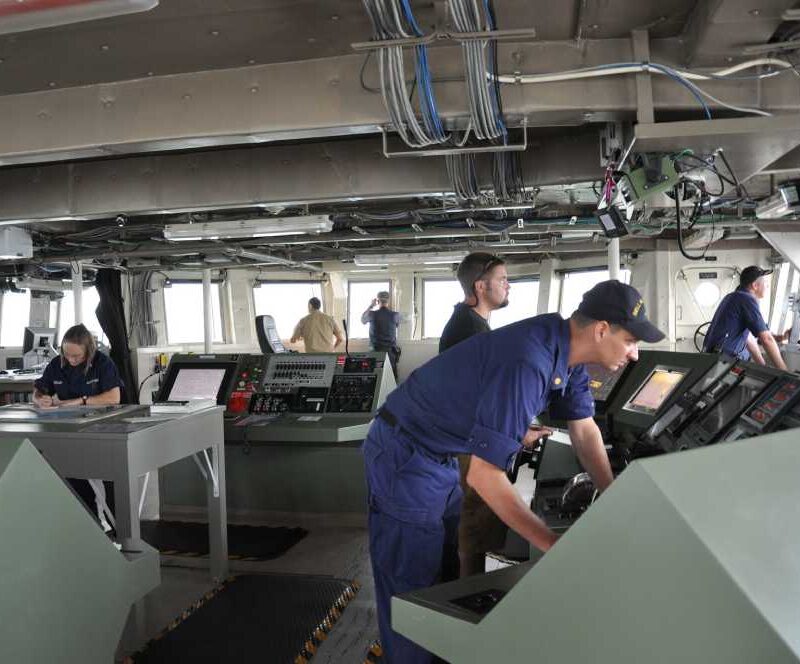Whether you sail the ocean or your local waterway, a reliable VHF radio is essential to your boating equipment. When shopping for a handheld VHF marine radio, consider these features:
Noise cancellation (necessary for hearing transmissions over wind, engine, and spray) and battery life – compare stand-by time to transmission time.
GPS
VHF (Very High Frequency) radios offer instant communication with other boats on the water, marinas, and even bridges. They’re more reliable than cell phones but require some training to use correctly.
When choosing a radio, consider its power output (measured in watts). Handheld systems usually have adjustable wattage between 1 and 6 watts to accommodate various communication range requirements.
You should also check the radio’s MMSI (Maritime Mobile Service Identity). A 9-digit number is assigned to each vessel. It works similarly to a phone number, linking your boat with its owner for safety purposes and to help authorities locate vessels in an emergency. Some radios also have a DSC feature that automates ‘MAYDAY’ calls and broadcasts your vessel information and location when you press the button.
Other features in a VHF marine radio include AIS functionality, noise cancellation, and loud volume. Depending on your needs and budget, you can find a radio with the perfect combination of features to keep you safe and informed during your boating adventures.
Handheld VHF Radios
VHF radios are a crucial piece of safety equipment for boaters. They allow you to communicate with fellow boaters, contact marinas, and gas docks, and call for help if necessary.
Look for a radio with a clear and backlit display that will be easy to read no matter the time of day or conditions on the water. Also, consider whether the radio will accept alkaline batteries and what features are included.
Some handheld radios have built-in emergency and safety features. Others come with extras like an integrated GPS for positioning, chart plotting, and AIS (Automatic Identification System) capability.
Most importantly, make sure your chosen radio is waterproof and floats! Rain, waves, and an ill-timed fumble overboard are why you need a handheld that can hold its own on the water.
Fixed-Mount VHF Radios
VHF marine radios are essential to any boat, allowing you to communicate with other boaters or emergency services. When choosing a radio system, consider several factors, such as price, features, and battery life.
Some systems feature noise cancellation to improve sound quality and help you hear transmissions over idling engines or background noise. This can make for a more pleasant communication experience on the water.
Power output, measured in watts, also plays an important role. Higher wattage models can provide more range, enabling you to reach harbor masters and other boats in deeper international waters.
Choose a radio with DSC (Digital Selective Calling) and GPS compatibility to pinpoint your location better in an emergency. You should also be aware of local regulations regarding VHF radio usage and register your system to stay compliant. Lastly, look for a waterproof system that can float if it falls into the water.
Strobe Light
VHF radios communicate instantly between vessels, marinas, the Coast Guard, and bridges. They also give you access to important safety information broadcast on channels 9 and 16 and weather updates.
When shopping for a new marine VHF radio, look for one with a waterproof rating and a durable design to withstand the elements. It’s also essential to choose a model with access to the standard channels and a dedicated emergency channel for accessible communication during an emergency.
You’ll also want a system with DSC capability, which enables you to send a digital distress signal by pressing a single button. This feature is handy for children, pets, or elderly boaters. Some models even include a GPS link so other DSC-equipped boats can immediately see your vessel’s location. You can also opt for a radio with dual or tri-watch scanning functionality, which allows you to monitor multiple channels simultaneously.







